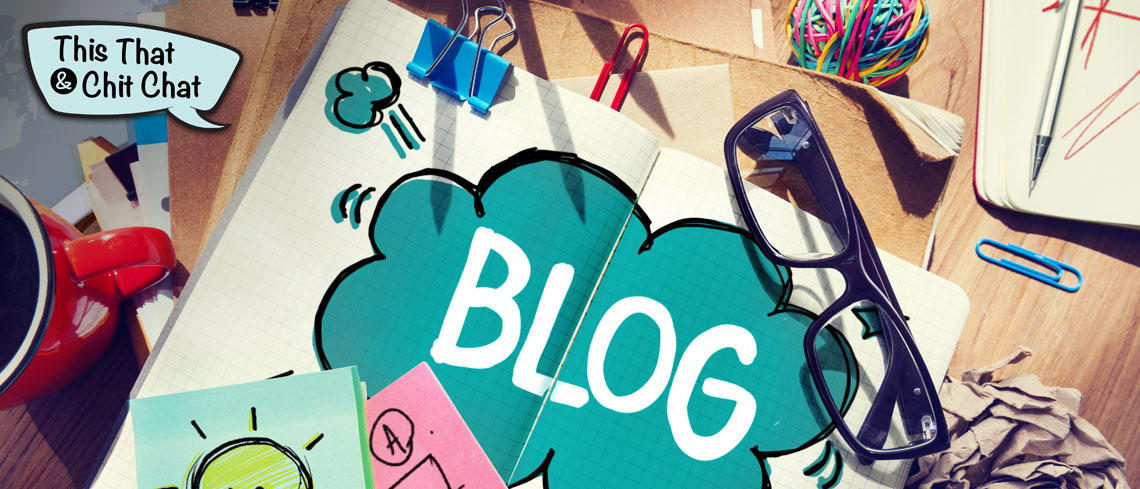by: Banzai
What a Car Loan Costs
by: banzai
Opening Your First Account
Opening an account at a bank or credit union is the first step toward owning your personal finances. Best of all? It’s super easy.
by: banzai
7 Internet Safety Rules
Follow these 7 internet safety rules to help keep yourself and others safe online.
by: IAMT
How to Overcome ‘Credit Card Shyness’
News outlets and credit card companies are quick to label millennials as being credit card-shy. According to a recent survey, millennials apparently fear their credit card debt more than climate change, the threat of war and even death. It may sound like an overreaction, but the underlying trend is substantial: millennials are carrying fewer cards and have lower balances, compared to the previous generation of young adults.
by: banzai
Improve Your Cybersecurity
It’s likely you use a phone, computer, or some other device every day (you’re even using one right now!). But just because you use it often doesn’t mean you can let your guard down.
by: Banzai
Getting a Car
When looking for a new car, you have three main options: buy used, buy new, or lease.
Check It Out
Still stashing money under beds, in ceiling tiles, or under floorboards? You may even use a safe to protect your cash. Yes, these are fun, creative ways to secure money, but they aren't great for all your income. Instead, it’s time to take safe-guarding your money a little more seriously. Checking accounts—they’re serious—and safe.
by: IAMT
College Budget Breakdown
Most people ask, "How much does college cost?"—that’s the first mistake. It’s not to say this question isn’t answerable, but grouping college into one huge expense can be a little deceiving.
by: IAMT
Auto Insurance
Auto insurance is not only often a legal requirement, it's also absolutely vital to your financial health.
by: IAMT
What is a HELOC?
A home equity line of credit (HELOC) is a line of credit that allows you to tap into your home’s equity.



